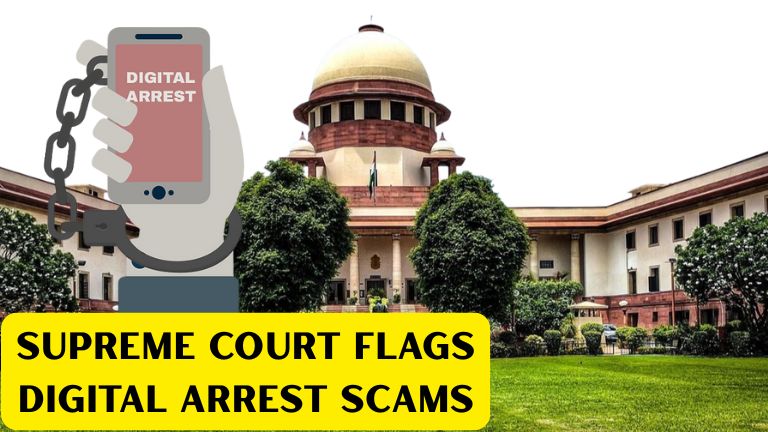Banerjee, J.@mdashIn this appeal, which arises out of a suit brought by the Plaintiff-Respondent, for various reliefs, some of which have been
granted and. some.'' refused, the only question that arises for determination is, whether the Courts below were right in giving the Plaintiff a decree
declaring his right to light and air, and ordering the demolition of a wall erected by the Defendant. The learned vakil for the Defendant Appellant
contends that the decree is wrong because the Courts below have omitted to determine properly the question whether the right to light and air
claimed by the Plaintiff is not extinguished by reason of the Plaintiff''s present house being a new house.
2. The lower Appellate Court has not dealt with the question in any way but the manner in which it has been dealt with by the first Court whose
judgment on this point has been affirmed on appeal is this. It says :--""It is contended by Defendant''s vakil that Plaintiff has recently built his house
upon the site upon Which his old house stood and if he acquired right to the entrance of light and air in his former house, that right had ceased to-
exist as soon as it was pulled down. But it is admitted that the new house is rebuilt on the site of the old house. The old. house had also doors and
windows on the western side the reconstuction of a house on the old site does not at (sic) the right to light and air which the owner had enjoyed
while the old house had existed. The Defendant No. 1 has, no doubt, infringed Plaintiffs right of way, right to discharge water and right to the light
and air by erecting a wall.""''
3. We are of opinion that the view taken by the first Court in this passage, which has been impliedly affirmed by the lower Appellate Court, is
erroneous in law. While, on the one hand, it is quite. true that the mere fact of the old house having been taken down, or having fallen down, and a
new house being erected on its site, would not by itself, be sufficient to extinguish any right to light and air which the owner of the house may
possess,, on the other hand, it is not correct to say that because the owner of the old house was entitled to light and air coming through certain
windows and doors, he would, after reconstruction of the house on the old site, continue to be entitled to light and air coining through any windows
and doors in the same wall, irrespective of the positions and dimensions of the doors or windows. The question whether the right is, or is not,
extinguished will depend on whether the new doors and windows are in the same position and are of the same dimensions as the old doors and
windows; in other words, the question for consideration will be whether the easement claimed as appertaining to the newly constructed house
imposes a different and greater burden on the servient tenement. This question has not at all been considered by either of the lower Courts. The
case must, therefore, be sent back to the lower Appellate Court in order that it may determine the question upon the evidence which is on the
record.
4. The view we take is supported by the case of Fowlers, v. Walker L. J. 49 Ch. 598 : L.J.51 Ch. 443, and Pendarves, v. Monro L.R (1892) 1
Ch. 611. Having regard to the fact that the question was not very clearly raised in the Tower Appellate Court, we think that the proper order to
make. in regard to the costs of this appeal is, that each party should bear his costs.

